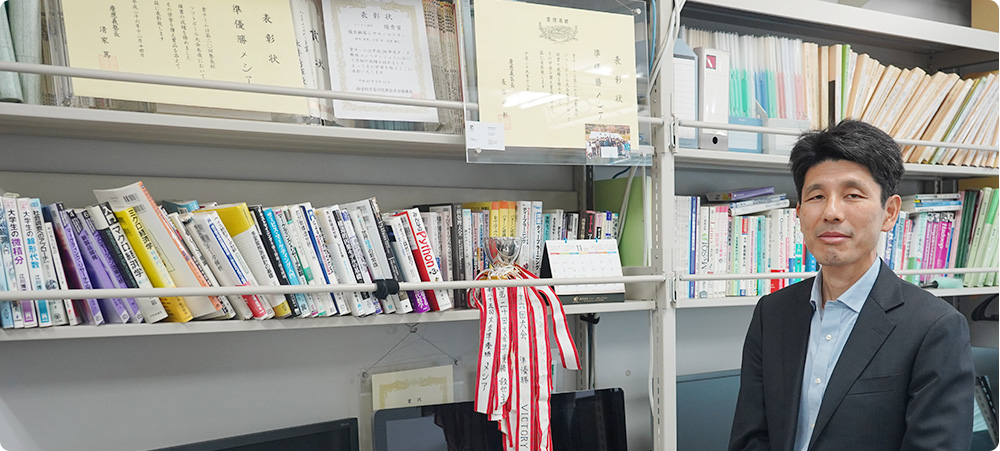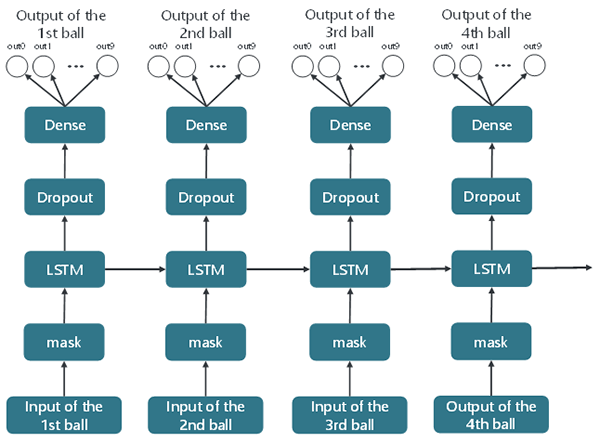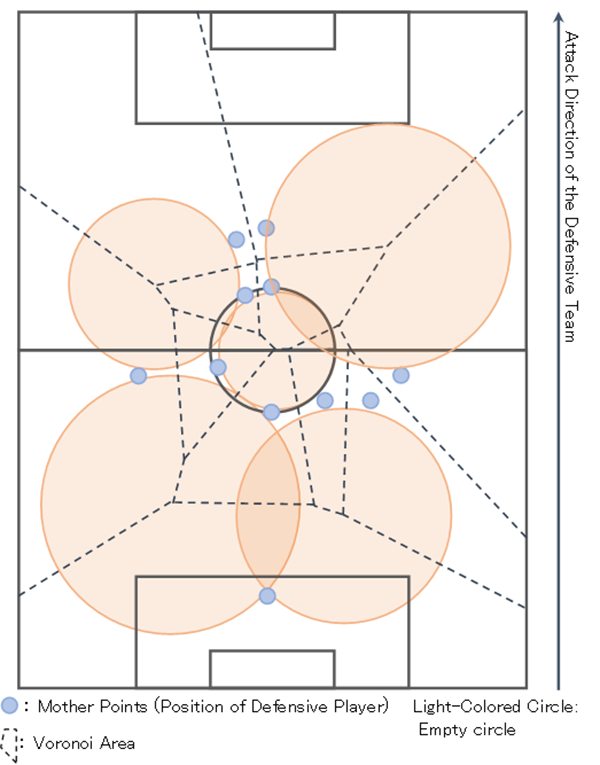
Position:Professor
email:hsuzuki@ae.keio.ac.jp
We research the development of statistical and machine learning methods and methodology for quality management and marketing. Furthermore, we perform extensive application studies such as service quality, customer satisfaction, marketing analysis, sports data, and empirical research on quality management.
Probability, Quality Control, and Applied Statistical Analysis
We analyze a large amount of diverse customer data, such as ID attached Point of Sales (POS) data and scan panel data. Examples include research on recommender systems, customer behavior analysis from customer data, identification of good customers, and customer scoring.
We analyze sports data, such as baseball and soccer statistics, and objectively evaluate the tactics and players. Recent studies include “Constructing the Long Short-Term Memory (LSTM) Model for Predicting the Next Baseball Pitch Types” (see Fig. 1) and “Evaluation of Soccer Team’s Structure Using Voronoi Diagram and Empty Circle” (see Fig. 2).

Figure1: LSTM Model for Predicting the Next Baseball Pitch Types

Figure2: An Example of the Voronoi Diagram and Empty Circle with the Defensive Player as the Mother Point
We conduct research on statistical methods, machine learning, and the theories and proposals for their methods. We recently focused on data analysis methods by principal point analysis, deep learning, density clustering such as Density-Based Spatial Clustering of Applications with Noise (DBSCAN) (see Fig. 3), and matrix factor decomposition.

Figure 3: Image for DBSCAN and their Cluster's Results
We research service quality, customer satisfaction, loyalty measurement, maintenance serviceability, social quality, and their relationships. As a case study, we conduct a questionnaire survey at the stadium in collaboration with a Nippon Professional Baseball (NPB) team and J.LEAGUE soccer club, including research facilities/services, fan services, and the attractiveness of teams/players. We also research customer (fan) satisfaction from 12 NPB teams (see Fig. 4).

Note that the value near the arrow indicates the standardization coefficient. Figure 4: Customer Satisfaction Index Model and Estimated Results for NPB Baseball Teams
We primarily conduct empirical research on frameworks, such as quality management. Based on questionnaire survey data targeting the company’s employees, we use statistical analysis to clarify management factors related to customer satisfaction and quality results. Recently, we researched the relationship between open innovation, maintenance serviceability, corporate social responsibility (CSR), and quality management.
We aim to acquire knowledge/skills regarding statistics, data analysis, Information Technology, etc., and management concepts such as fact-based management. Additionally, by promoting such research, we aim to utilize the acquired knowledge and expertise in any era and situation.
In the Suzuki Laboratory, we respect each other’s independence, individuality, and values and challenge various things every day with the motto “Learn very well and play well.”